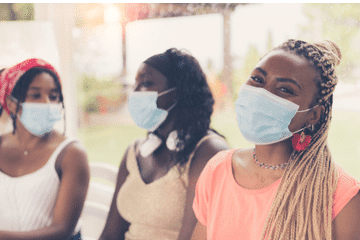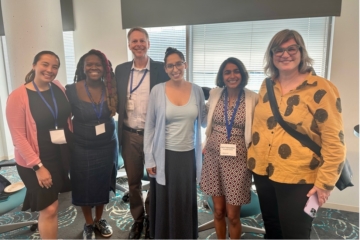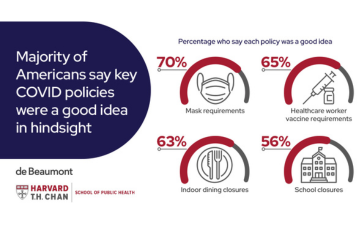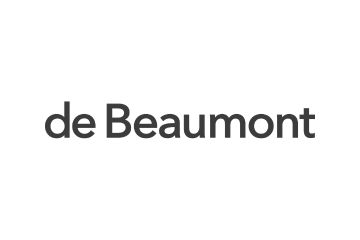
As a former high school teacher, health educator, and adolescent health coordinator, I have had the privilege of spending ample time with young people of this generation, born in 1997 or later. Whether it’s through an original rap about the intersection of race and disability or a detailed report on why texting interventions don’t work with today’s teens, without fail, my Gen-Z students, employees, and colleagues have brought an energy and perspective that no one else in the public health field possesses. With Gen-Z input, I have witnessed public health messaging grow more inclusive and responsive to community needs (who else is going to tell governmental public health employees that using punctuation in media campaigns will alienate younger generations?). I have seen members of Gen Z create intricate, engaging social media posts with a Canva Pro account and no formal training. Upon tasking two Gen-Z employees with devising and building out a new statewide initiative, I observed unmatched energy dedicated to project planning, devising innovative solutions for youth outreach — hello, dedicated Instagram account! — and advocating for inclusive and equitable youth engagement. That kind of energy is exactly what public health needs right now.
For all that they offer, however, young people are woefully underrepresented in the governmental public health workforce. According to the 2017 Public Health Workforce Interest and Needs Survey (PH WINS), millennials (who were aged 21-37 at the time of the 2017 survey) were the largest group in the U.S. workforce but were underrepresented in public health. A growing portion of Gen Z is now part of the workforce, too — the eldest in that generation turn 25 this year — and governmental public health must act quickly to recruit and retain these bright, energetic, creative, and media-savvy individuals. Diversity, including that of age, increases the perspectives at the table and makes programs more robust and effective. Gen Z in particular brings a set of media and technology skills that are generally scarce in health departments. Furthermore, governmental public health is rife with exhausted employees and a host of problems to solve, and Gen Z is full of young, passionate people with great ideas. Why not invite them to the table and start listening?
A trademark of Gen Z is a strong focus on social justice. The racial justice and climate change movements gained significant momentum during this generation’s formative years, and social media has provided a platform for collective thought and activism. The purpose of public health is to improve the health of communities — often through identifying and dismantling inequitable systems — but governmental public health rarely markets itself this way. The Greta Thunbergs of the world want to make a meaningful impact on their communities, but many of them probably haven’t considered public health as a way to do so. If we can frame governmental public health as a tool to promote health equity and rectify injustice — and a profession that is aligned with the interests, goals, and values of this generation — perhaps more members of Gen Z will want a seat at the table. For our part, public health must make room and open our minds to benefit from their unique gifts.




